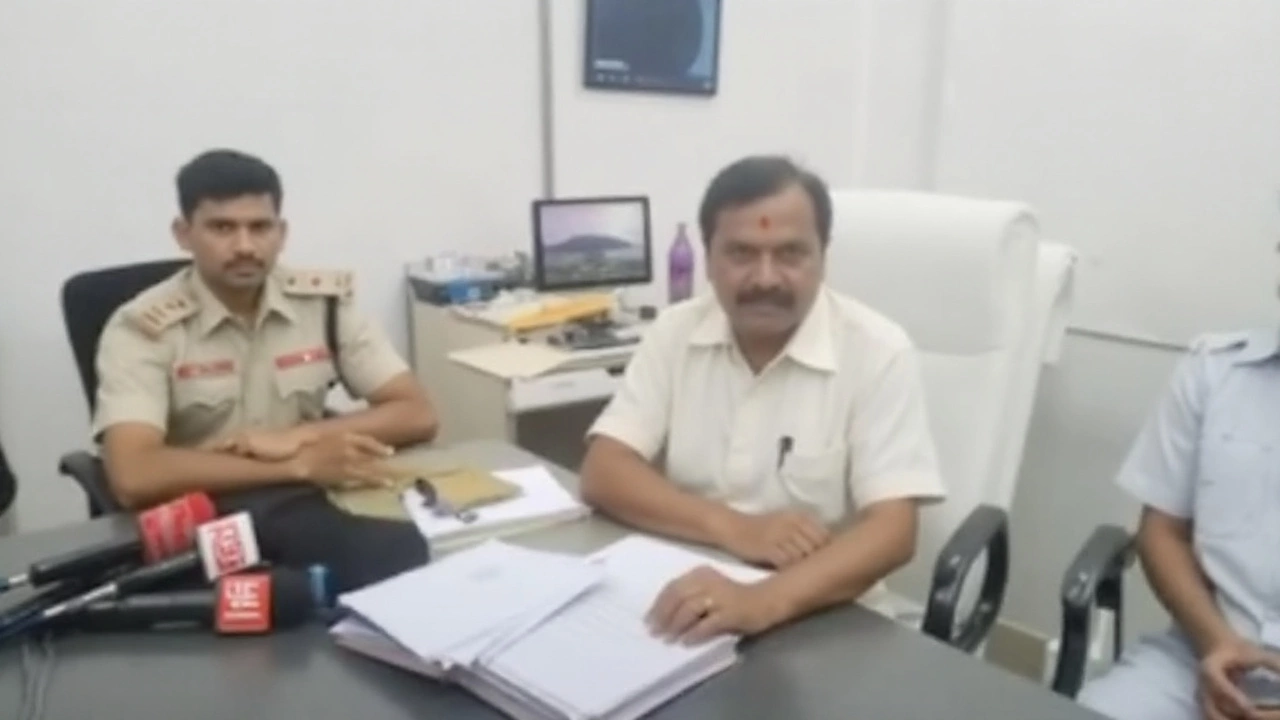Digital Shift in Jharkhand's Liquor Licensing
When the Jharkhand state excise department announced an e‑lottery for liquor shop licences, it wasn’t just another bureaucratic update—it was a clear signal that the government wants tech to cut through old‑school opacity. By moving the entire application, draw and verification process onto a single web portal (exciselottery.jharkhand.gov.in), the state hopes to make licence distribution as straightforward as buying a train ticket online.
The portal opened its doors on August 8, 2025, at 11:00 AM, giving hopeful entrepreneurs a two‑week window to submit their forms, upload required documents and settle fees. The deadline was set for 7:00 PM on August 20, 2025, after which the system locked all entries, ensuring no last‑minute changes could tip the odds.

How the Lottery Worked
After the application phase closed, the department ran a computer‑generated randomisation on August 22, 2025, starting at 11:00 AM. The draw was streamed live on the excise department’s website as well as on each district’s NIC portal. To leave no room for doubt, the same feed was shown on TV screens at every District Collectorate, letting citizens watch the selection in real time.
A total of 1,343 licences were on offer, broken down into two categories:
- 159 country liquor shops, which can sell traditional, locally brewed spirits.
- 1,184 composite shops, authorised to retail both country liquor and Indian‑Made Foreign Liquor (IMFL) such as whisky, rum and vodka.
Allocation was not uniform across the state. Ranchi, the capital district, secured the biggest slice with 150 licences, reflecting its larger market size and higher revenue potential. At the other end, Lohardaga received only 11 licences, a number that mirrors its smaller population and limited commercial footprint.
Every applicant had to pay two financial components:
- An upfront application fee (exact amount varies by licence type).
- An Earnest Money Deposit (EMD) equal to 2% of the Minimum Guarantee Revenue (MGR). The MGR is the annual sum the licence holder promises to remit to the government, calculated based on factors like shop location, projected sales and local market dynamics.
The department accepted payments through a suite of digital channels—Credit Card, Debit Card, Net Banking, NEFT/RTGS and IMPS—up to 11:59 PM on August 20. Those who missed the deadline were automatically disqualified from the draw.
Ranchi Assistant Excise Commissioner Arun Kumar Mishra clarified that any applicant who does not win a licence will get a full refund of their EMD once the lottery results are finalised. This safeguard is meant to keep cash locked up only for successful ventures.
The new excise framework takes effect on September 1, 2025. From that date, any retailer awarded a licence will be allowed to operate under the terms set out in the draw, with the computer‑based system guaranteeing that the selection was random and impartial.
Beyond the lottery itself, the initiative is part of a larger push to modernise Jharkhand’s liquor trade. The Jharkhand Excise License Online System (JELONS) already lets applicants track licence status, file returns and pay dues digitally. Meanwhile, the Jharkhand State Beverages Corporation Limited (JSBCL) was created to curb monopolistic practices, ensure a steady supply of quality products at reasonable prices, and boost state excise revenue.
Industry watchers see this as a double‑edged sword. On one hand, the transparency of an online draw could level the playing field for small traders who previously struggled against entrenched interests. On the other, the 2% EMD tied to the MGR means that capital‑rich players still have a financial edge, especially in high‑traffic districts.
What remains to be seen is how quickly the state can monitor compliance after licences are issued. The digital backbone of the lottery makes it easier to record who won, but enforcement will still rely on traditional inspection teams. Nonetheless, the move sets a precedent for other Indian states looking to inject technology into their licensing regimes.
